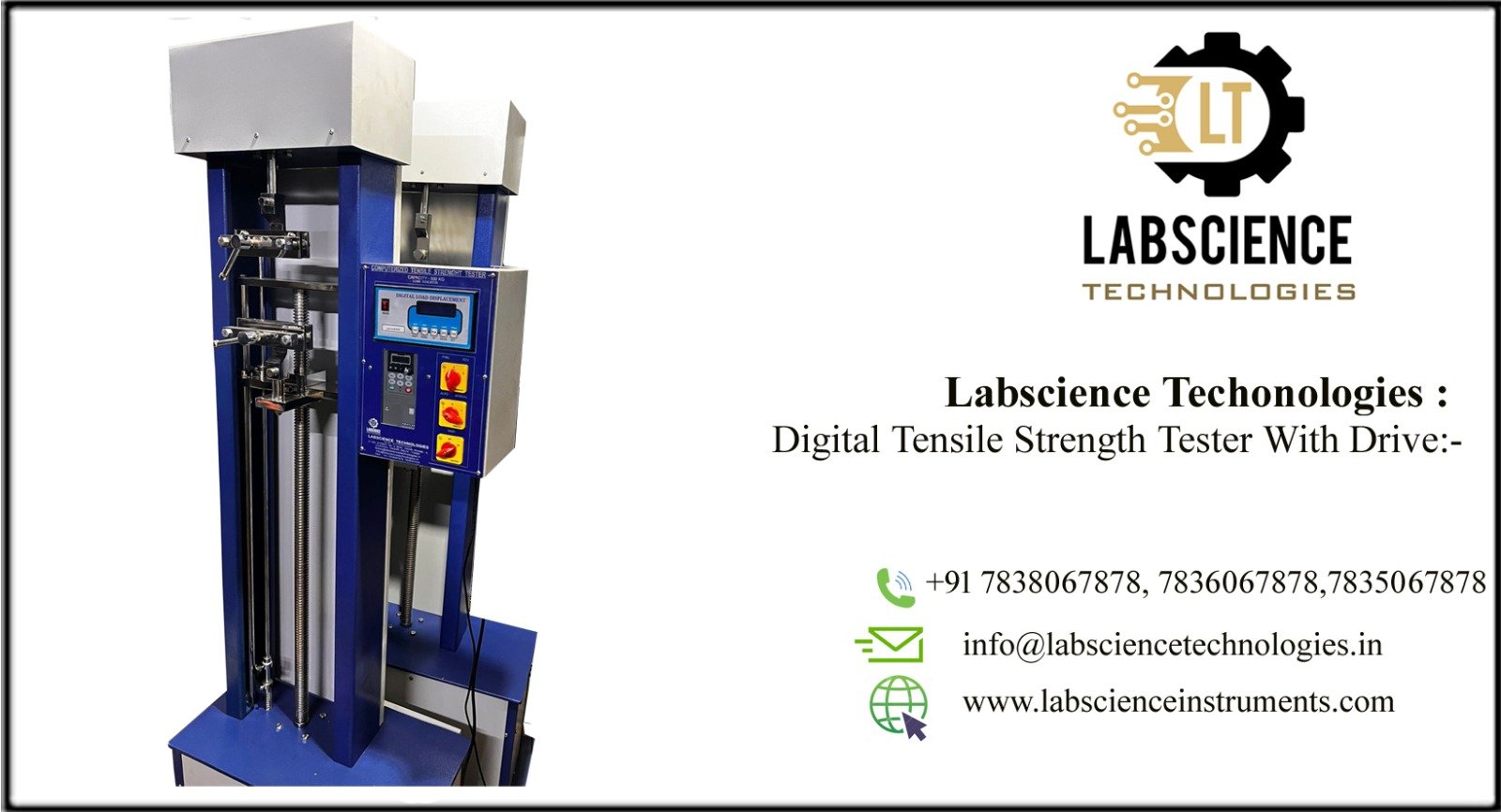universal testing machine
The Universal Testing Machine (UTM) is a vital tool in various industries, known for its ability to perform multiple types of mechanical tests on materials, such as tensile, compression, and flexural tests. These machines are essential in fields like construction, automotive, aerospace, and manufacturing, where understanding material behavior under stress is critical for safety, quality control, and compliance with industry standards.
Key Features and Benefits of a Universal Testing Machine
Versatile Testing Capabilities: A UTM allows for several types of tests, including tensile testing, where a material is stretched to measure its strength, and compression testing, where a material is compressed to assess its durability under load. The machine’s adaptability is why it’s widely used for material testing across industries.
Digital Universal Testing Machines: Many UTMs come equipped with digital control systems and software for enhanced accuracy. These digital universal testing machines can capture real-time data and generate reports, making them an essential tool for detailed analysis and quality control.
UTM Machine Capacity and Specifications: The capacity of a UTM machine is crucial, as it determines the maximum load the machine can handle. Machines are available in various capacities to suit different materials, from delicate polymers to robust metals. Universal testing machine specifications vary based on industry requirements, which is why manufacturers provide UTMs with different load ranges, control systems, and testing modes.
Automated vs. Manual Universal Testing Machines: Some UTMs offer automatic control, allowing for efficient and precise testing, while others are manual. An automatic universal testing machine is ideal for high-volume testing environments, while a manual universal testing machine may be more cost-effective for smaller labs or educational institutions.
High-Precision Testing and Load Cells: The accuracy of a UTM is one of its most important aspects, and this accuracy is often enhanced with high-precision load cells. These cells measure the applied force during testing and are critical for achieving reliable and repeatable test results.
Testing Standards and Calibration: UTMs are designed to adhere to international testing standards, ensuring that results meet regulatory and industry requirements. Routine UTM calibration procedures are necessary to maintain accuracy, making it essential to work with reliable UTM machine suppliers for calibration services.
Applications of Universal Testing Machines
Material Development and Research: UTMs are used extensively in research and development settings for the testing and validation of new materials. Industries like aerospace and automotive rely on UTMs to test metals, polymers, and composites for performance and durability.
Quality Control: In manufacturing, UTMs are a fundamental part of quality control. They help in verifying that materials and products meet specific requirements, reducing the risk of defects and ensuring customer satisfaction.
Educational Labs: UTMs are widely used in education labs for teaching mechanical testing principles. They help students understand material behavior under different forces, making them invaluable for hands-on learning.
Industrial Applications: Industrial universal testing machines are employed in sectors where consistent material performance is essential, such as construction and packaging. For example, the compression testing machine is commonly used to assess the strength of packaging materials, ensuring that they can withstand transport stresses.
Choosing the Right Universal Testing Machine
When selecting a UTM, it’s essential to consider the type of testing required and the machine’s capacity. UTM machine suppliers provide detailed specifications, including load capacity, compatibility with different materials (e.g., metals, plastics, concrete, rubber), and optional features like touchscreen control for ease of operation. For businesses focused on high-volume testing, investing in a servo-controlled universal testing machine with advanced testing software can improve efficiency and accuracy.
Maintenance and Operating a UTM
Proper maintenance and understanding the working principle of a UTM are essential for optimal performance. Routine checks and timely calibration keep the machine accurate and reliable. Manufacturers provide maintenance guides and support to ensure the longevity and efficiency of the machine.
In conclusion, a Universal Testing Machine is indispensable for testing and quality control across numerous industries. Its versatile testing capabilities, from tensile strength testing to flexural testing, make it a key asset for ensuring material quality and performance, aiding both industry and education in achieving new standards in material testing.
Kindly fill this form to demand a call-back to from our client support boss with esteeming and details.
+91 7838067878
Call Now
+91 7838067878

